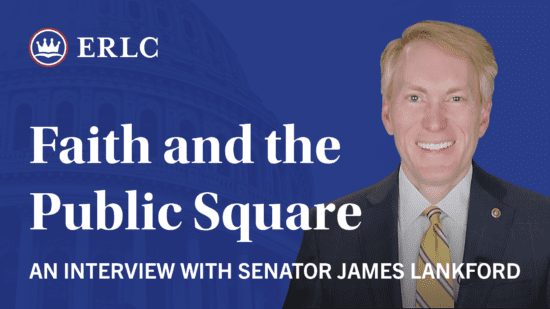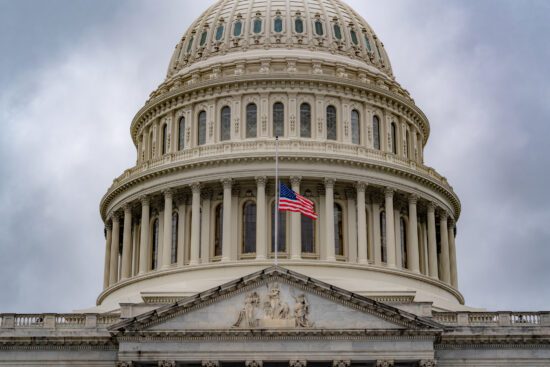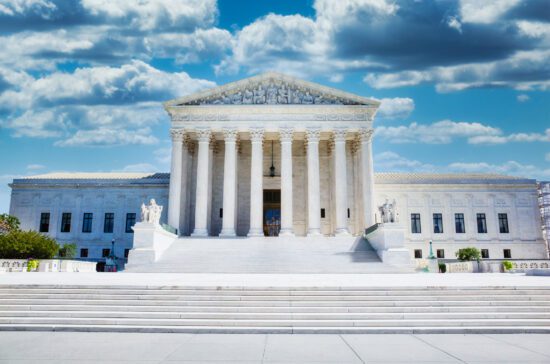In last few weeks, there have been a number of developments concerning the availability of pornography on social media. OnlyFans, a social media service that caters to those in the sex industry and profits off the promotion of pornographic material, initially announced that it would bar sexually explicit videos beginning in October. This caused a massive conversation about the morality of pornography in the digital public square. Bloomberg reported that the service has attracted over 130 million users and experienced rapid growth during the COVID-19 pandemic, similar to the boom that Pornhub saw during the initial lockdowns in 2020. News of this move was received by many as a blow to the pornography industry — including to those who earn a living off on the platform selling access to their pornographic material.
OnlyFans originally stated that this decision was due to a strategic shift in focus to a broader platform for various artists and creators, as well as pressures from investors and payment processors who saw financing or facilitating pornography as a potential liability and deleterious to their own public image. However, OnlyFans cancelled their plans to ban sexually explicit content just a week later because of the massive public outcry, especially on social media. The company announced on Twitter that it “stands for inclusion and we will continue to provide a home for all creators.”
This entire episode brought to light an ongoing debate in digital governance and public policy over the ubiquity of pornography online and how society should go about navigating questions of vice, free speech, and public morality.
Recognizing the moral component
Reflecting on the OnlyFans decision to reverse their proposed ban on sexually explicit material, Felix Salmon at Axios writes that many technology companies are beginning to act like a fourth branch of government given their immense power and control over our public discourse. He argues that many of these content policies end up going much further than the law actually requires in terms of the availability and distribution of pornography online. The argument goes that if the government doesn’t ban it, neither should these companies.
He highlights how these bans on explicit content, such as porn, are often driven by moralistic underpinnings based on the fact that pornography is legal, yet is “shunned by most of the business establishment.” He goes on to contend that these decisions — often based on the fact that payment processors and banks tend to shy away from financing pornography websites, especially due to the illegality of some material and the rise of sex trafficking — are contributing to a lack of U.S. alternatives to the current mainstream pornography sites, which are often based in other countries including the London-based OnlyFans.
He also mentions some of the controversial moves by eBay and Tumblr. Each company implemented strict policies against pornography. These policies seem to fly in the face of the celebrated progress of the sexual revolution toward the mainstreaming of expressive individualism, LGBTQ+ rights, and the ridding of what are seen as outdated views of marriage and sexuality from our public conscience.
The inescapability of legislating morality
While there is much more to be said about these types of decisions, including the wisdom of banning pornography and objectionable content online, there is irony in how those in our secular age think about issues of governing and morality. Some will celebrate the technology industry making moral judgments in certain arenas, including the celebration of LGBTQ inclusion or the ever-expanding definition of hate speech that tends to describe historic Christian teaching on sexuality as unacceptable for public debate. Yet, these same groups will chastise the industry for making other policies on moral grounds, including decisions to limit or ban pornography on social media platforms. Concerning the latter, they argue that these technology companies — and the business industry itself — need to shed these outdated and moralistic attitudes since we shouldn’t be legislating or designing content policies on moral grounds.
It is increasingly common in our society to think that we shouldn’t legislate morality, but this misses out on the fact that all laws and even digital governance policies are making inherently moral statements about what is to be promoted or celebrated in our society. They each put forth a version of the good life, which is a central facet of ethics and morality. While pornography is currently legal in the eyes of the state and an extremely lucrative business, companies that disallow pornography may be acknowledging, without even knowing it, how dehumanizing this industry is for all involved and how it tears down society. Either by giving into the public pressures to keep this material off their platforms or recognizing the ways in which being associated with this material will reflect on their brands, decisions to preclude this material from their platforms are ultimately serving a higher good in our society.
In the digital age where technology companies hold such immense power over our public discourse, each of their content moderation policies are casting a vision for the good for our society, and it is incumbent on all of us to be involved in these debates. These companies have every right to ban or suppress pornography on their platforms, which, should be noted, is not an easy decision in light of the financial incentives and public pressure. But our society is better off because decisions like these protect the vulnerable and innocent among us and uphold public virtue and the centrality of the family.
The OnlyFans situation and continued debate over moralistic attitudes in our public discourse is yet another reminder of the moral incongruence of expressive individualism and how much of our modern public ethic based in the pursuit of vice is simply untenable. When you build public morality off of carnal desire rather than transcendent principles, you will be left with a system that is not only unable to stand under its own weight but also one that will not produce the type of virtue desired for society. While there may be legitimate debate within the Christian community over the wisdom of government bans, private companies choosing to exclude pornographic content from their platforms is a clear win for public morality and the common good.
Learn more about ERLC’s work in the digital public square and sign up to receive articles like this at ERLC.com/digital










